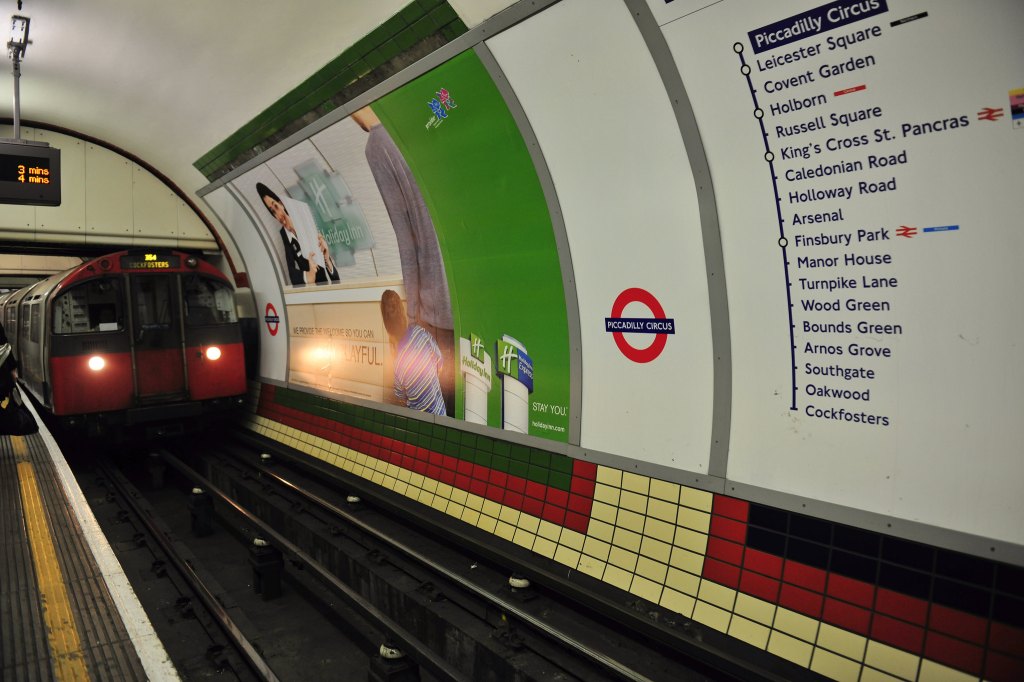From today, Uber has added public transport to its app in London, incorporating real-time information on the city’s Underground, Overground, train and bus network, as well as other trams, shuttle, river boat and the DLR’s driverless trains.
Last summer the ride-hailing giant was granted a provisional 15-month license to operate in the U.K. capital — after appealing against the shock 2017 decision of transport regulator, TfL, to reject its application for a licence renewal.
But instead of the standard five-year license, a judge gave Uber 15 months grace to continue working to satisfy conditions that Transport for London had said it had failed to meet when it made the decision not to grant a license renewal — deeming Uber “not fit and proper to hold a private hire operator licence”.
The TfL decision focused mainly on concerns around passenger and driver safety. But Uber was also called out for a questionable approach to regulatory oversight, with TfL saying it had failed to adequately explain local use of software designed to thwart checks by regulatory and/or law enforcement officials. (Aka its controversial Greyball program.)
The wider theme here is Uber being called to heel to work with regulators, rather than seeking to hack their rulebooks and thumb its nose at city priorities — as was the case with its earlier expansionist playbook under founder Travis Kalanick.
TfL has been working on updating its regulatory framework for ride-hailing, and actively pushing for ride-hailing firms to share data with it.
While London’s mayor, Sadiq Khan, has made tackling London’s awful air quality, a policy priority — launching an ‘ultra-low emission zone’ in central London earlier this month which levies extra charges on motorists with more polluting vehicles if they drive into the zone.
Adding public transport options in London is an easy way for a rebooted Uber — under baggage-free CEO Dara Khosrowshahi — to get with this zeitgeist and project a more collaborative, civic-minded, environmentally aware aura atop a business that nonetheless still competes with public transit by encouraging people to pay to take a car ride home, rather than hop on the bus…
Had the chance to try our new Public Transport option, launching today in #London with live bus and tube times from @TfL in the @Uber app. All part of our goal to help people replace their car with their phone. More to come! pic.twitter.com/UVfgLbeLQ9
— dara khosrowshahi (@dkhos) April 29, 2019
To wit: Uber’s own S-1 Form lists public transportation as a direct competitor and thus one of the risk factors affecting future growth of its business: “Our Personal Mobility offering competes with personal vehicle ownership and usage, which accounts for the majority of passenger miles in the markets that we serve, and traditional transportation services, including taxicab companies and taxi-hailing services, livery services, and public transportation, which typically provides the lowest-cost transportation option in many cities.” [emphasis ours]
So the cold-eyed capitalist view says Uber gunning to become a ‘one-stop shop’ transport app by assimilating London’s public transit, and presenting it as a comparative option alongside its own hail-able rides, offers a route for the company to capture more users and upsell those who land in its app intending to get the bus/train/metro on calling an Uber instead.
You can see this strategy at work in the design of the public transit addition — with “public transport” only appearing as an option after riders enter a destination into the app, and then with results presented in a tab that sits alongside UberX and UberPool.
This means Uber is suggestively positioning publicly funded transport alongside rides that pour money its own tax shifting coffers — thereby eroding the (taxpayer) value distinction between what are actually very different options by inviting its users to think of getting an Uber as ‘equivalent’ to getting the train or bus, when it’s anything but.
So even when the company claims to be ‘working with cities’, the cold hard truth is its business demands that it competes with and seeks to substitute better value public transport alternatives. Expect dark patterns.
The move into public transport also shifts Uber deeper into the territory of rival urban navigator app, Citymapper, which has been dabbling in tie-ups to push shared rides via its own app for a few years — and thus seeking to more directly squeeze Uber.
Commenting on the public transport addition to the London Uber app in a statement, David Reich, head of transit at Uber said: “With 3.5 million Londoners relying on Uber, we recognise the important responsibilities that come with being a good partner to this great global city. We share many of the same goals as the cities that we serve and are committed to addressing the same challenges: reducing individual car ownership, expanding transportation access and tackling air pollution.”
Reaching for a response to the update, a TfL spokesperson told us: “Our data is open to everyone, with more than 675 mobile phone and online apps already powered by our feeds. We provide up-to-the-minute information, making it easier for millions of people each day to move around our city by helping them plan their journeys.”
For the record Uber’s business was founded in 2009, while the London Underground has been ferrying people around the capital since 1863. The first omnibus service got going in London in 1829.































Comment